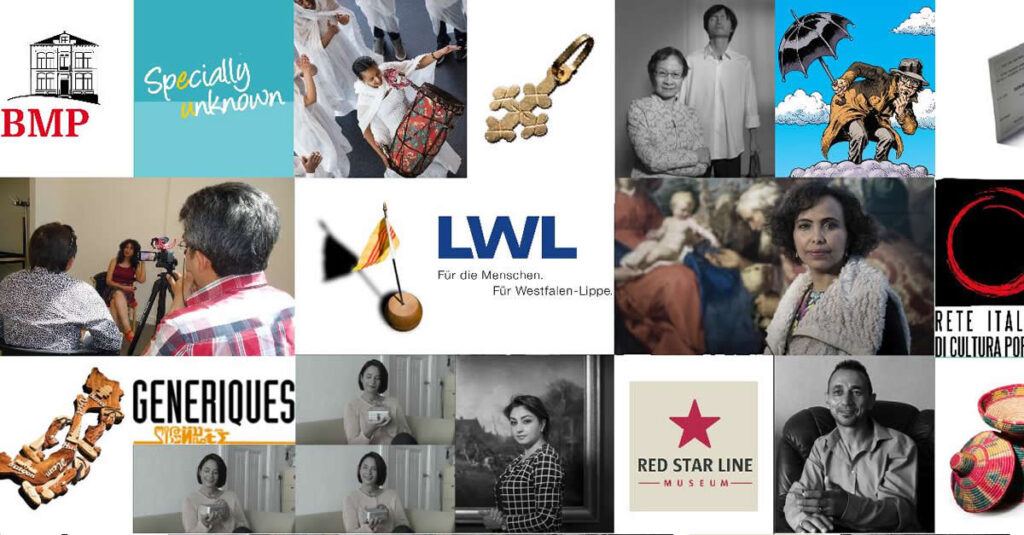The Specially Unknown project brings to light, enhances and promotes the stories and cultural richness of refugees living in European cities.
Its purpose is to promote the participation of refugees in the social and cultural life of host countries by collecting their “life stories,” processing them into artistic representations by their home communities and offering them to the public in four cities (Antwerp, Paris, Bochum and Turin).
The project will directly involve about 250 refugees and its artistic performances will be visited by about 40,000 citizens. It will promote a new understanding of work between refugees and cultural institutions and strengthen the capacities of field workers and refugee communities.
The Italian partner in the project is the Italian Network of Popular Culture, which reminds us of the importance of going beyond the view of the refugee as the “other” who threatens our values and traditions. Migration is one of the elements that has made today’s Europe possible. Cultural heritage institutions document and tell peoples’ stories, but rarely engage with refugee communities. Telling and representing their stories enables refugees to play an active and engaging role in the cities in which they live, initiating a process of changing presentations and perceptions.
Antonio Damasco and Ilda Curti, director of the Italian Popular Culture Network and project manager of Specially Unknown, respectively, tell us about their experience.
Tell us about your idea: how did it come about? What does it consist of and why is it different from others? What group or organization did you organize it with?
The project came about as the outcome of a strategic investment that the Italian Popular Culture Network has made over the years: to consolidate practice and content at the local/national level and to begin to identify European partners who shared our approach.
When the Dutch Foundation for the Promotion of Social Participation-Stichting Bevordering Maatschappelijke Participatie (BMP) -proposed the Network to become a partner in the project, it was natural to join together with the other partners we already knew and shared vision, approaches, and practices with.
Through which line of European funds did you fund your project?
Specially Unknown was co-funded under the Asylum Migrations Integration Fund ( AMIF ) program.
What are the main difficulties you encountered in presenting the project?
Lead partner is BMP, which already has long experience in European planning and is therefore a reliable and rigorous party even in application procedures, which have become particularly complex. The confidence and rigor with which the project is conducted has made the procedure, both submission and implementation, very smooth.
What was most helpful to you in preparing for the European project?
Our experience highlights how very important it is to have community design tools and methodologies in-house (both in implementation and in administrative and financial aspects), including relying on experts who can guide and follow up.
What would you recommend to people who want to finance their own project with European funds?
It is essential to invest social and intellectual capital in an internationalization strategy, so as to attend “learning environments” in which to meet partners with whom to share visions and projects.
—
This experience telling us about one of the most effective ways to participate in a European project: having a strong experience to bring to European headquarters, building over time a strong international partnership with other bodies whose vision and intentions you share.
Given the interest of stakeholders in the area and the topicality of the topic, we will soon update the guide with a fact sheet on the ASIF program. Keep following us!
Do you also have a successful European design story you would like to tell? Share it with us on the blog or on the official Europlanning Guide Facebook page!




